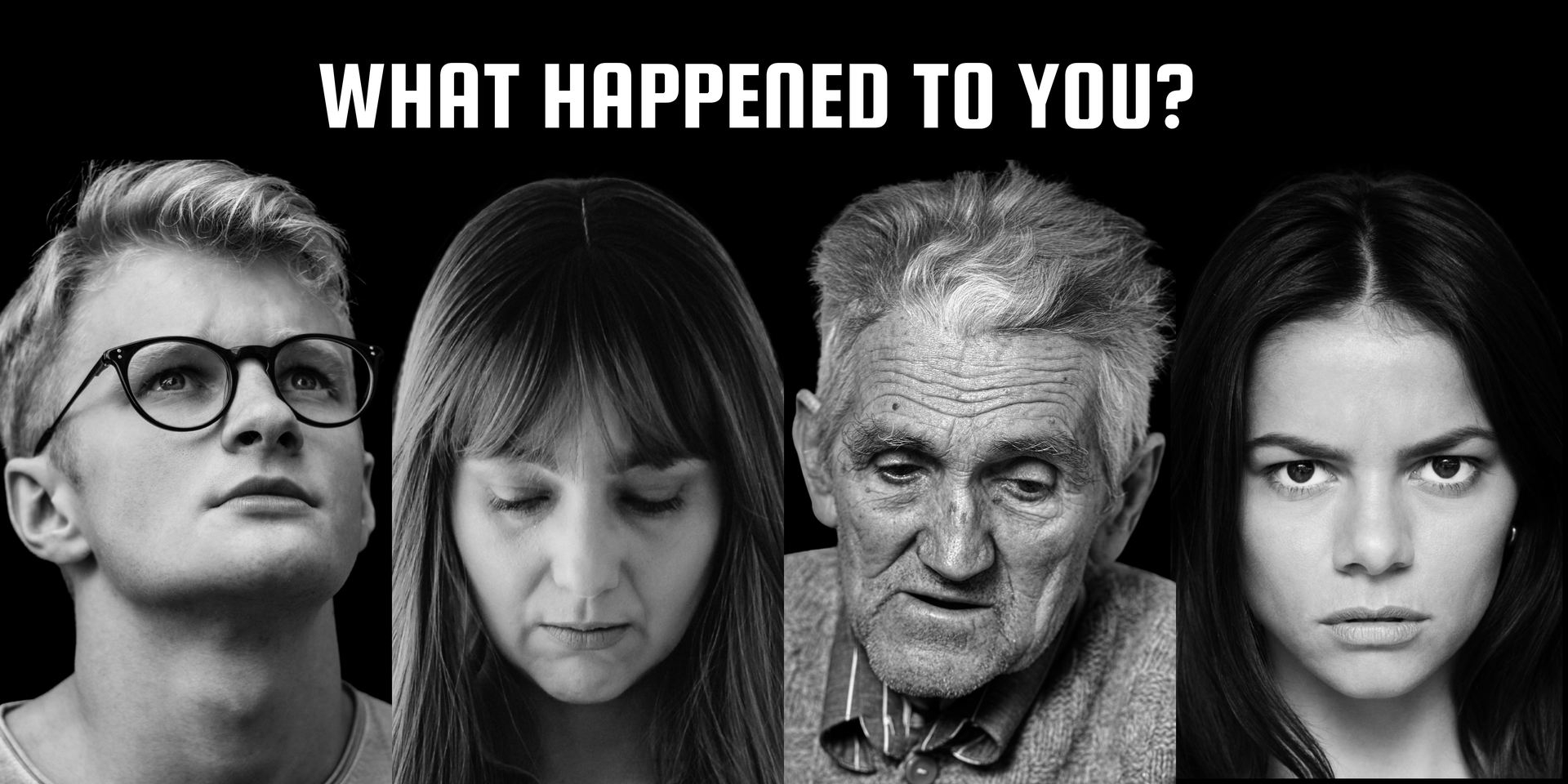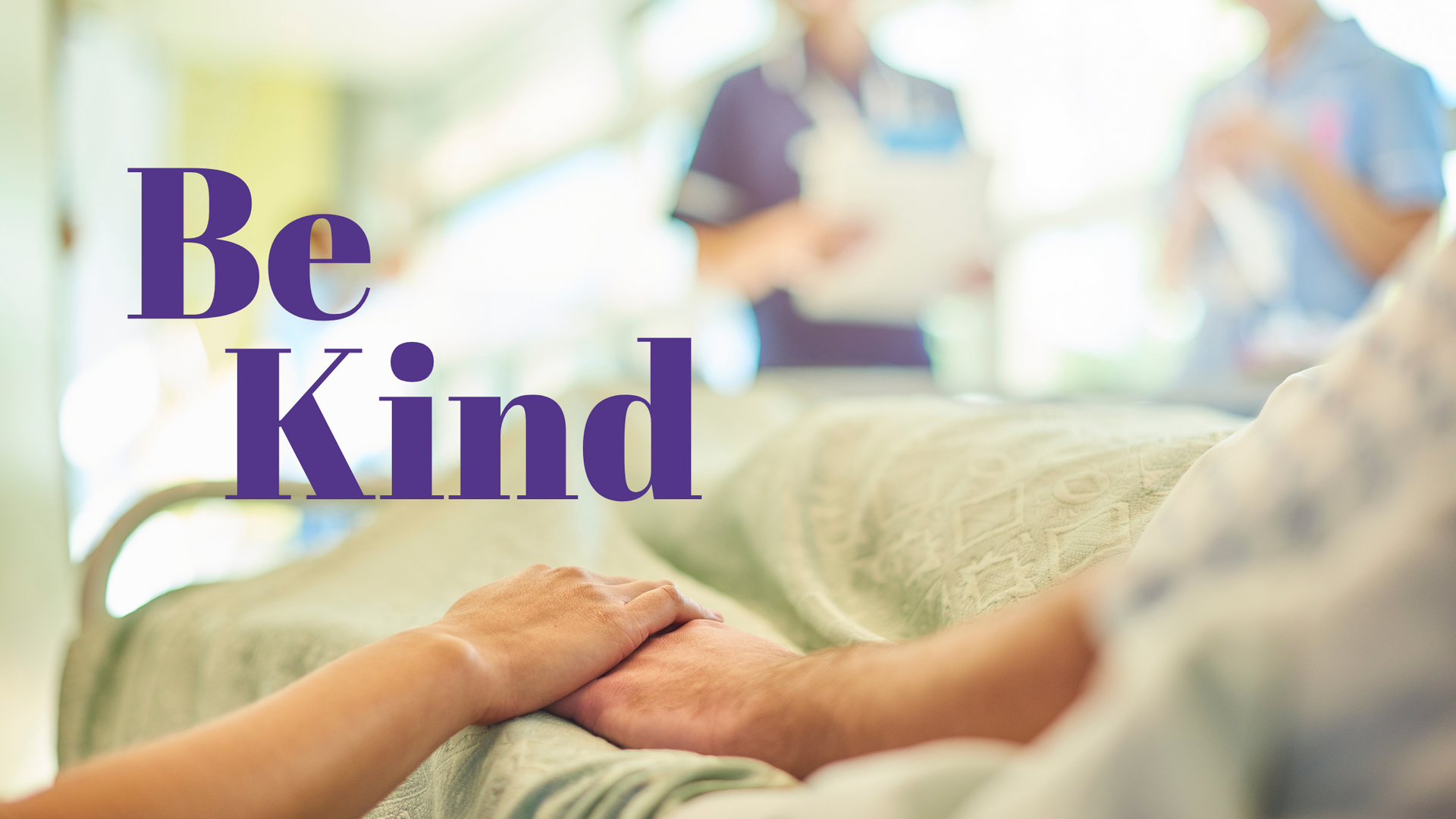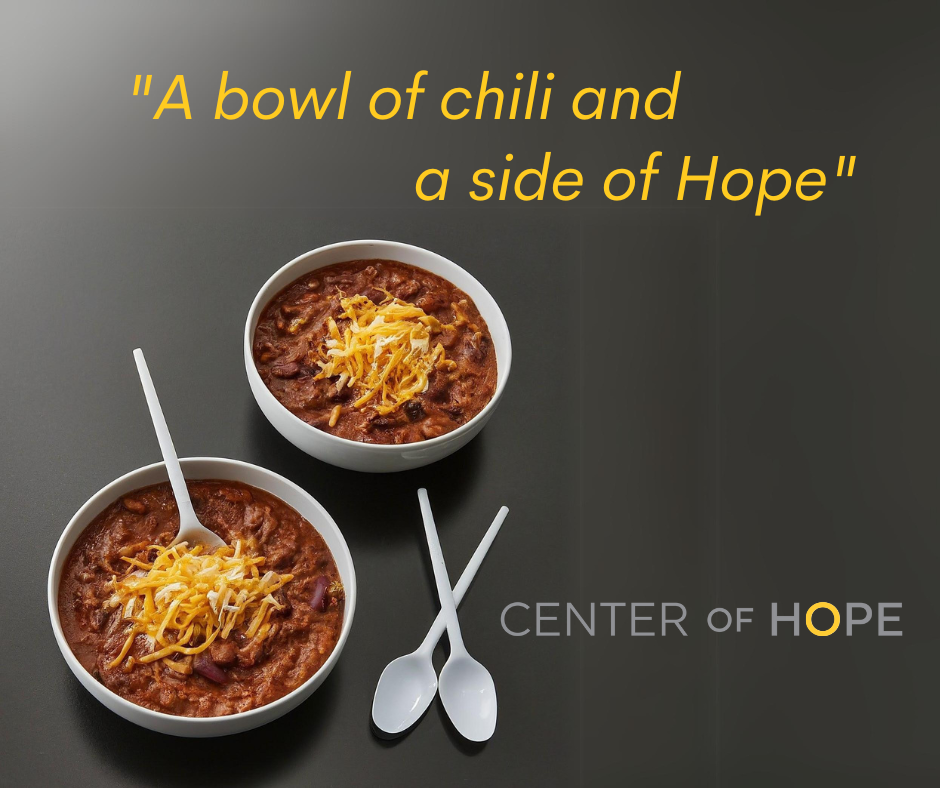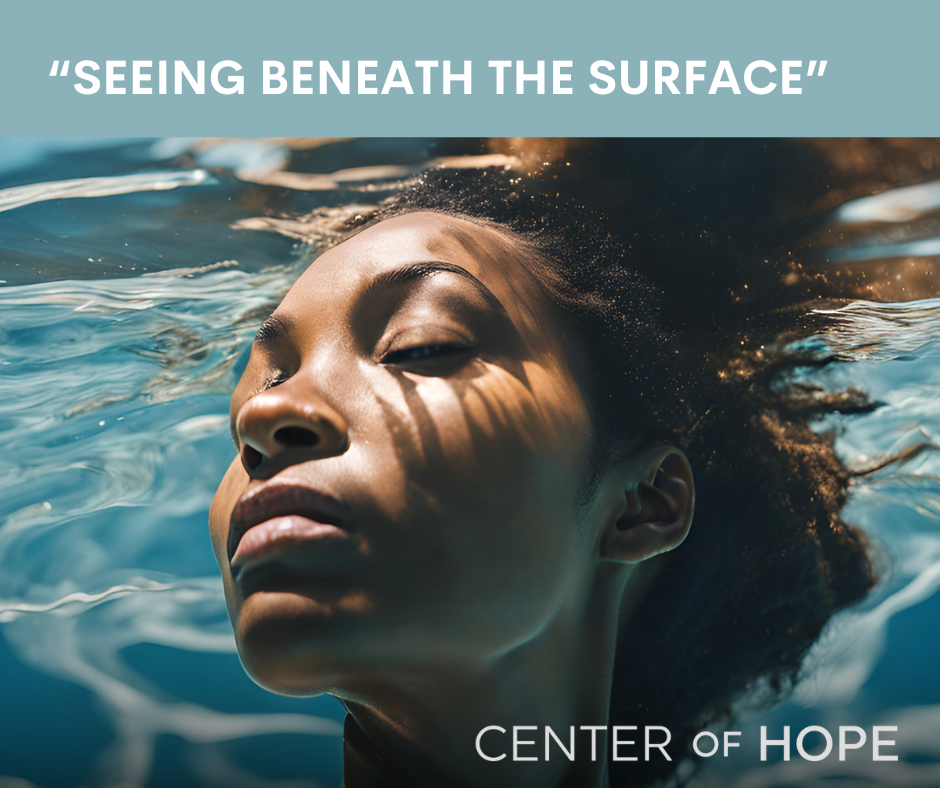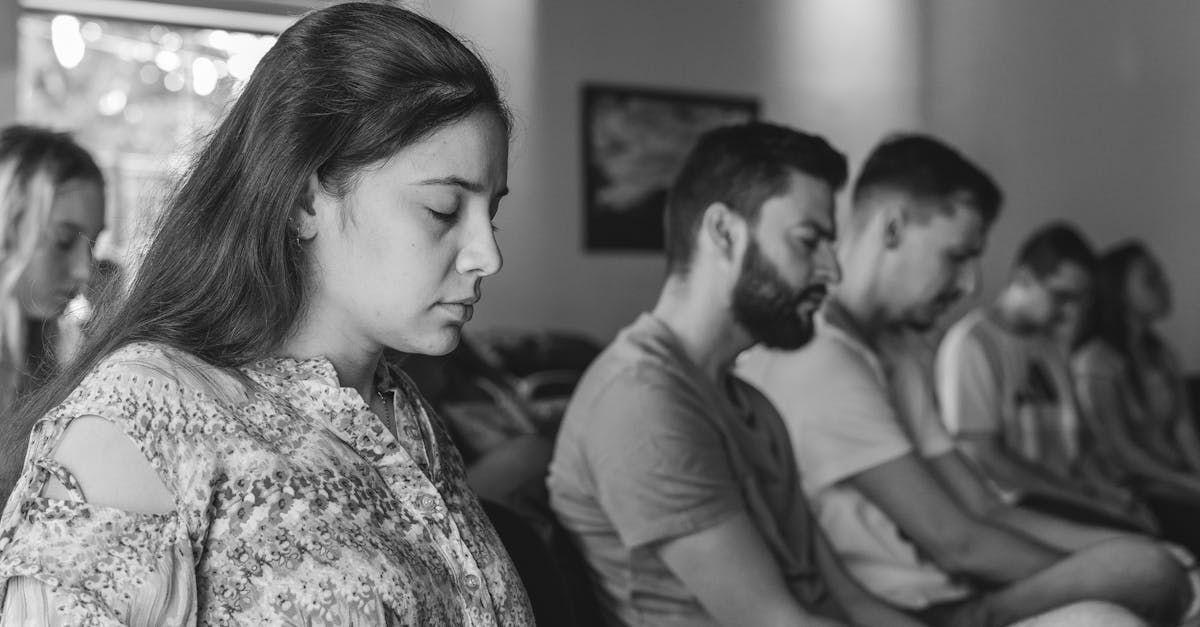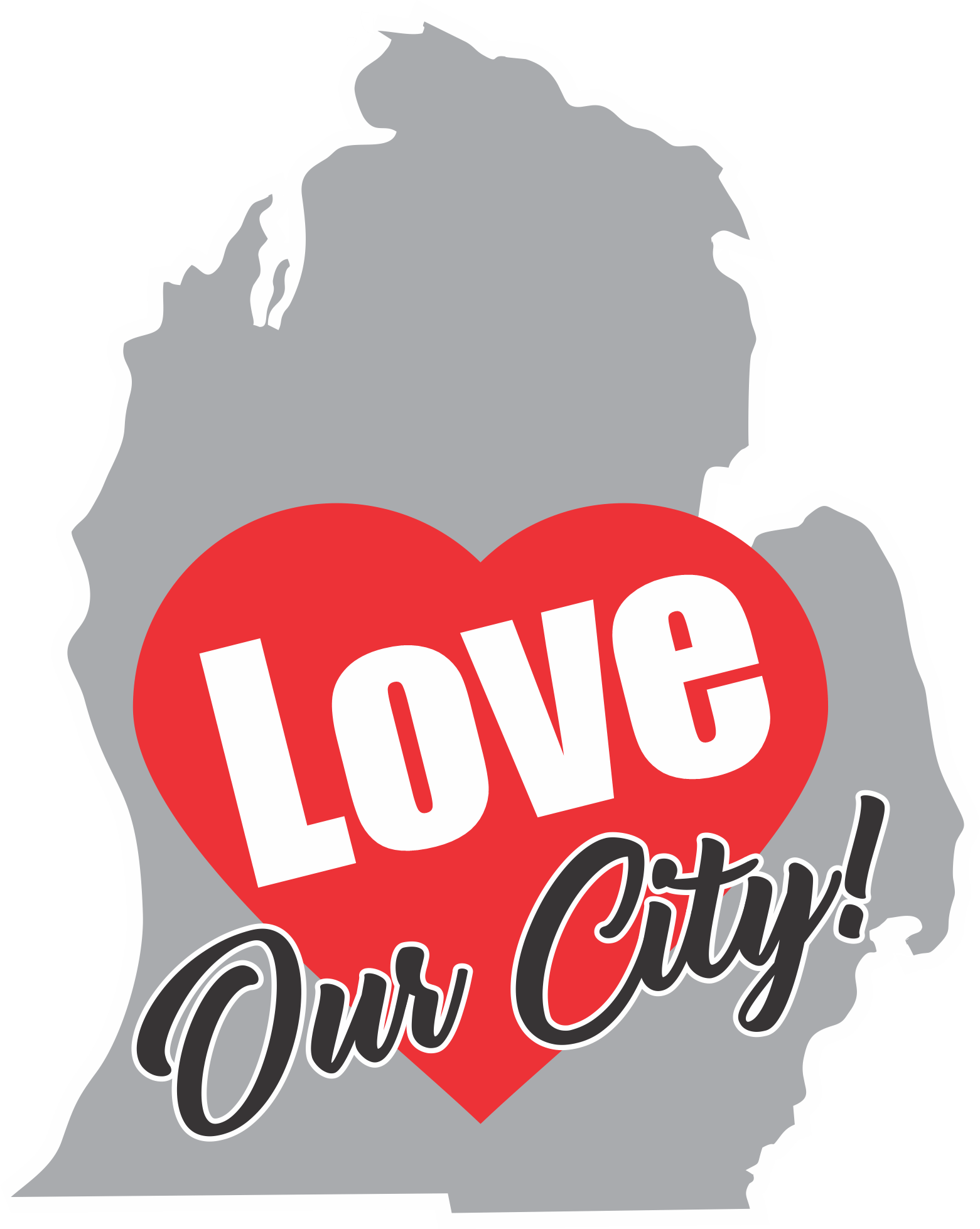We have a New Home!
Center of Hope • June 1, 2022
The Center of Hope is moving
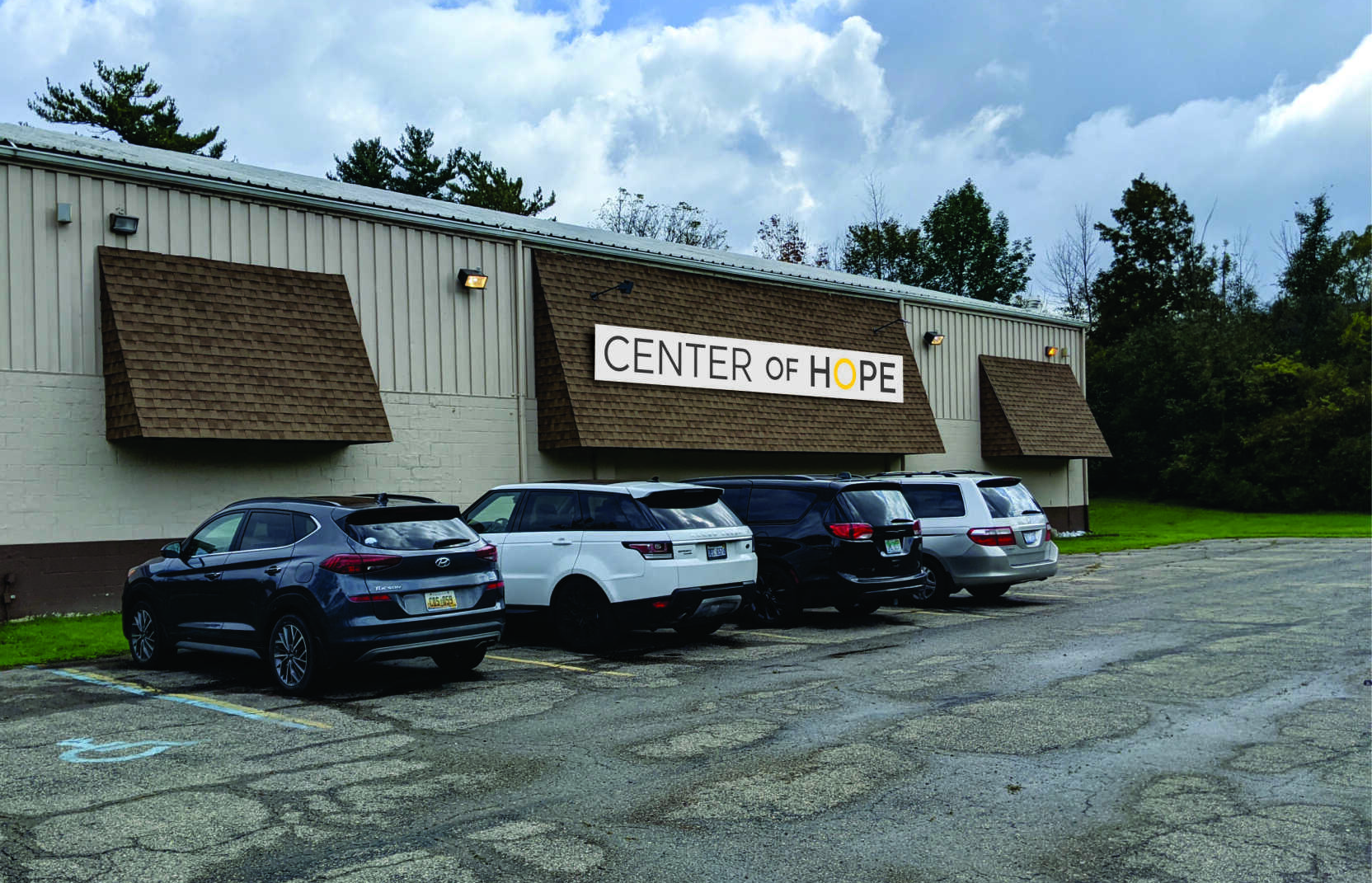
Our prayers have been answered in a big way and we're so excited to report that the Center of Hope now has a new home! With the help of individuals and organizations who share our vision for the community, we've been able to purchase land on Fenton Road, in front of Camp Copneconic. This property has a building that was formerly used as a church and has enough space to become our offices, life-skills and mentoring classrooms, baby closet and food pantry. In addition the property has three large houses that will in time be used as emergency and temporary housing! There's also a beautiful lawn area with parking that we'll be able to use for community events! God is so good!
The coming weeks will be filled with lots of activity as we start to plan the move so keep your eyes open for more news!
Hope Journal
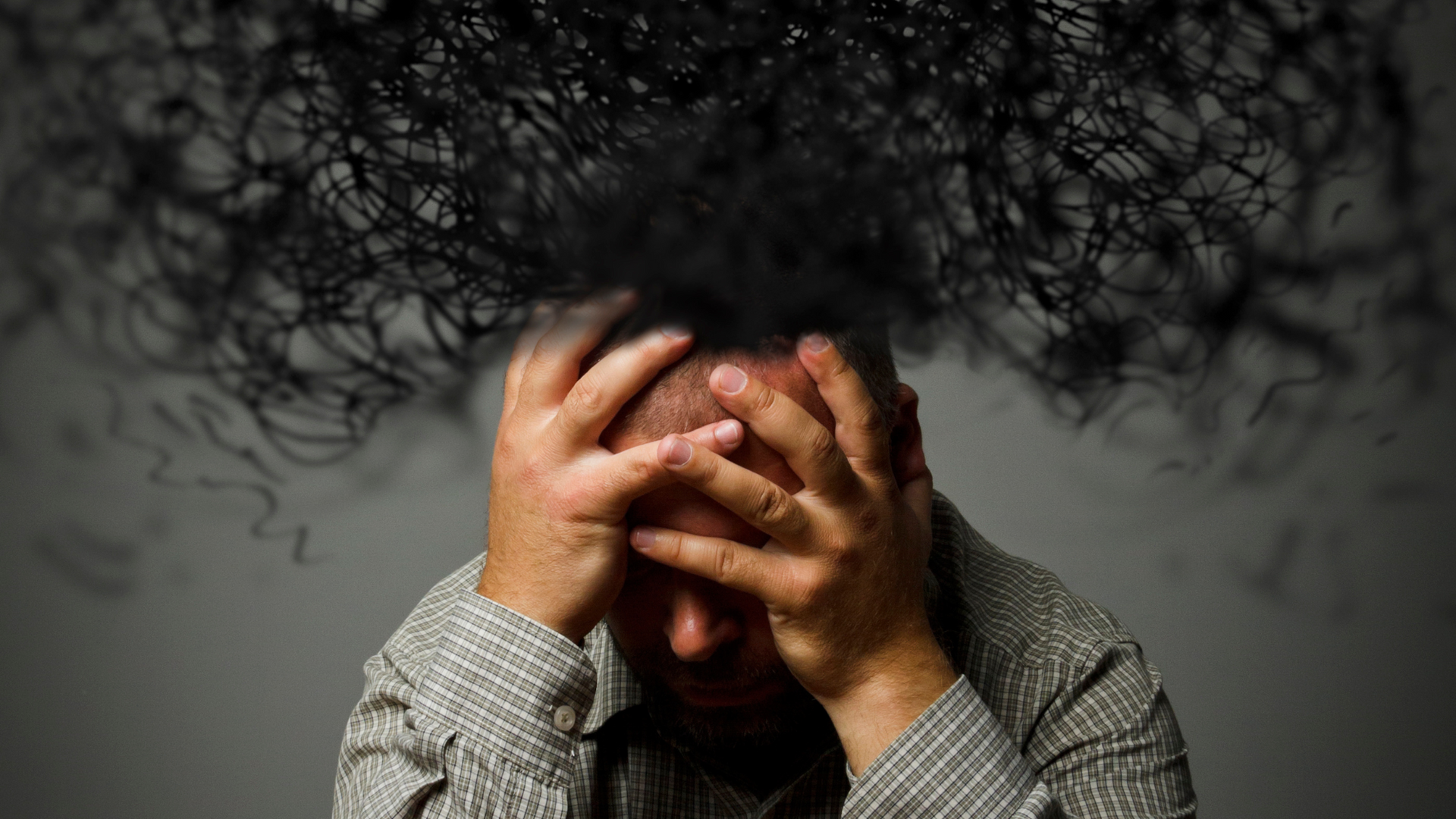
I recently had the opportunity to attend a week-long conference that addressed some difficult but vital topics—predators, pedophiles, human trafficking, and trauma. It was an intense week, but I had the privilege of learning from leading experts from across the state of Michigan. These experts specialize in areas such as criminal psychology, DNA technology, mental health, and forensic genetic genealogy. At times, the information was so dense I felt like my brain might explode! The most powerful presentations were from survivors of horrific abuse. These brave women shared their stories and have since dedicated their lives to giving victims a voice. One now advocates for justice as a district attorney, another leads a law enforcement team handling these cases daily, and one has become an author and speaker, traveling the country to inspire hope. Their courage and resilience deeply impacted me and changed the way I view my work. This conference wasn’t just an emotional experience—it was enlightening. I’ve always believed I approached my work at the Center of Hope without judgment, knowing that anyone who walks through our doors may be in a state of desperation or chaos. We’ve always extended grace, allowing people time to receive help before we start addressing the deeper issues that may be holding them back. But this week showed me that there are far more layers to trauma and healing than I ever realized. I learned how trauma affects the brain, not just for those who directly experience it, but for those of us who encounter it second-hand. This revelation brought to mind countless people I’ve met through the Center of Hope: the woman living with an alcoholic husband who was kind when sober but a monster when drunk, forcing her to seek help to feed her family; the man who quit his job to care for his terminally ill wife; the young mother navigating life with a husband suffering from PTSD after military service; and the woman who lost her mother and son within a week, paralyzing her with grief. These are the tales of people we encounter every day—people who look like everyone else but are struggling just to keep it together. This week made me realize just how many broken people walk among us. Everyone has a story, and often those stories are hidden beneath a brave face or a quiet smile. Society teaches us to suppress our pain, to keep moving forward without addressing the hurt. But what we don’t realize is that by doing this, we’re passing that pain down through generations. We’re taught that seeking help makes us weak, when in reality, it takes incredible strength to confront our trauma. What I know now is that trauma produces not just negative emotions, but physical and mental responses when our ability to cope is overwhelmed. It’s not something we can control, but there are ways to work through it and heal. Thanks to this conference, I now have more resources to support those seeking help at the Center of Hope. One of the saddest truths I learned is that many people don’t even recognize that they’ve experienced trauma. They believe it's just life, and unfortunately, many in my field see them as a mess, undeserving of grace. I went into this conference believing I was already doing my best to help others. Sometimes, I’ve gotten frustrated when I suspected someone was scamming us, and I’ve followed procedures to cut ties when needed. But now, I find myself thinking differently. I can’t look at someone seeking help without wondering what they’ve endured—whether childhood trauma, a troubled home life, or secrets they’ve kept that shaped the course of their adult lives. I’ll be more intentional about creating a safe space, giving people the grace and patience they need as we work through the layers of their pain. If you’re reading this, I encourage you to approach the people in your life with the same perspective. Whether it’s your family, neighbors, friends, or even the grumpy guy in the grocery store, remember that everyone has a story. Everyone is fighting battles you may not see. This conference also opened my eyes to the importance of caring for myself. Like so many in law enforcement, healthcare, social work, ministry, and teaching, I’ve experienced secondary trauma. I used to think it was a sign of weakness or being overly emotional, but I now know it’s simply how the brain responds. Moving forward, I’ll be prioritizing my mental health so that I can continue to serve others effectively. The older I get, the more I realize how much I still have to learn. I’m grateful for the opportunity to attend this conference—the one I didn’t think I had time for but that ended up changing my life and the way I approach my work with the community.


